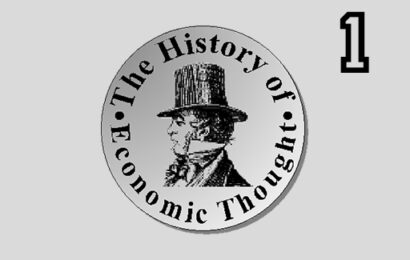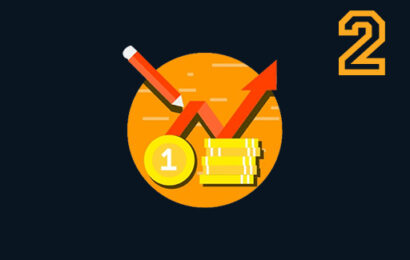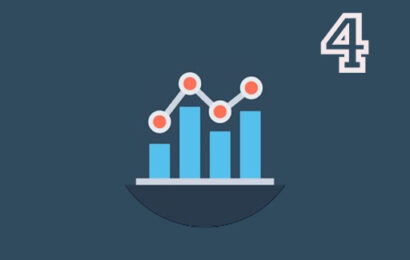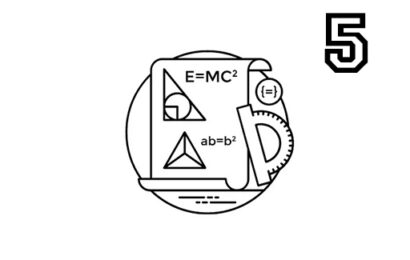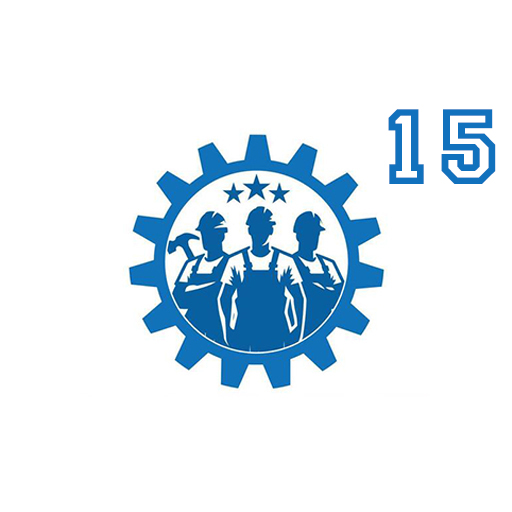
- Quizzes: 10
Labour economics is a branch of economics that studies the functioning and dynamics of the labor market, focusing on the interaction between workers and employers. The history of labour economics traces its roots to the Industrial Revolution, where rapid industrialization led to a surge in factory-based work and the need for more formal labor structures. Early thinkers like Adam Smith and Karl Marx laid the groundwork by analyzing labor’s role in the economy, focusing on productivity and class struggles.
Throughout the 20th century, economists such as John Maynard Keynes and Milton Friedman expanded on labor theory, integrating it with macroeconomic issues like unemployment, inflation, and wage policies. Modern labor economics addresses topics like wage determination, human capital, labor supply and demand, income inequality, and labor market imperfections. It also emphasizes the importance of education, training, and social policies in shaping labor outcomes.
In practical terms, labor economics influences policies related to minimum wages, unemployment benefits, labor unions, and workplace regulations. Understanding these dynamics is critical for governments, businesses, and workers to foster fair, efficient, and sustainable labor markets that support economic growth and social welfare. The field continues to evolve with technological advances and globalization reshaping labor markets worldwide.
Curriculum
- 2 Sections
- 0 Lessons
- Lifetime
- Notes0
- MCQ10
- 2.1Introduction to Labour Economics10 Minutes20 Questions
- 2.2Labour Demand10 Minutes20 Questions
- 2.3Labour Supply10 Minutes20 Questions
- 2.4Theories of Wages10 Minutes20 Questions
- 2.5Employment and Unemployment10 Minutes20 Questions
- 2.6Human Capital10 Minutes20 Questions
- 2.7Trade Unionism10 Minutes20 Questions
- 2.8Industrial Relations10 Minutes20 Questions
- 2.9Government Policies10 Minutes20 Questions
- 2.10Wage and Inflation10 Minutes20 Questions


